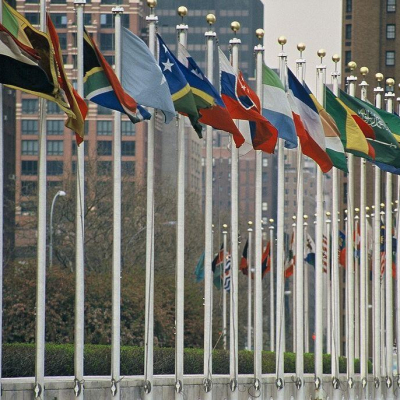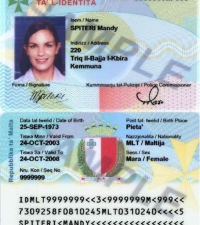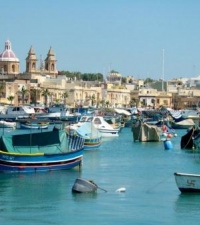The Judicial System in Malta

The Maltese Judicial System is a two-tier system with a Court of First Instance presided by a Judge or Magistrate, and a Court of Appeal, consisting of one to three Judges. There are also various Tribunals for specialized areas, almost all of which provide appeals to a Court on points of law.
The President of Malta appoints the Chief Justice of Malta and the Judges of the superior courts on the advice of the Prime Minister of Malta. Inferior courts are presided over by Magistrates.
The language of the Courts is Maltese. The use of English is permitted when required.
The Constitution of Malta establishes the structures and powers of the Court and lists the fundamental human rights and freedoms of individuals. The influence of Roman and British law, and of the Napoleonic Codes, is present in the Maltese judicial system. For instance, Maltese criminal law has always adopted the maxim of the presumption of innocence in favour of the accused, and the presiding Judge sits with a jury, if not requested otherwise by the accused.
Practical Information
The main Court of Law in Malta is located on Republic Street in the capital city of Valletta. The Ministry for Justice and Home Affairs is located in the historic, seventeenth century House of Catalunya, on Marsamxetto Road, Valletta. The Ministry for Justice, Dialogue and Family offers several services through their web site related to the judiciary system, including information about judgments online, civil cases, hall usage, statistics, civil forms, and judicial sales by auction.
Step by step gudes to legal and court services in Malta are also available from the Ministry on their web site. Legal aid is available for all cases on a needs basis. Court hearings in Malta are generally open to the public, with limited seating provided at the back of the courtroom. When entering the courtroom in Malta it is customary to bow towards the Judge or Magistrate as an acknowledgement of the authority of the law. Judges and Magistrates should be addressed as The Honourable Mr Justice Joseph Borg (L-Onorevoli Imhallef Joseph Borg) and The Honourable Madam Justice Josephine Borg (L-Onorevoli Imhallef Josephine Borg) and Your Honour. In Malta, Judges and Magistrates read judgments in open court.
Checks & Balances
Judges and Magistrates are appointed by the President of Malta and are constitutionally
independent of the Executive organ of governance. A person must have practiced as a lawyer in Malta for at least seven years to qualify for appointment as a Magistrate, and twelve years to qualify for appointment as a Judge. Judges and Magistrates enjoy security of tenure until the mandatory retirement age of 65. Furthermore, the judiciary’s salaries are paid from a Consolidated fund and the government may not diminish or amend them to their prejudice. Therefore, judgments should not be taken according to the influence of politics. The judiciary is subject only to law. This separation of powers in Malta is not as strict as the American or French pattern, but is more of the nature of checks and balances, as in Britain.
Higher Courts
In 1964, when the Malta attained independence, the Constitutional Court was established. This is the highest court in Malta. In 1987 Malta adopted the European Convention on Human Rights as part of its law. Since then, Maltese citizens had the right of access to the European Court of Human Rights in Strasbourg. This Court is composed of judges from the Member States of the Council of Europe, including Malta.
By Jess Gerrow, who traded city life in Canada for island life in the Mediterranean two years ago. She is a postgraduate marketing student, blogger, and freelance writer.
- My Life Abroad -
A selection of expat stories

"A fun compulsive read!"
J. Matcham, Amazon
"I strongly advise people ready to live abroad to read this book!"
Patrice, Amazon

 Embassies and Consulates in Malta
Embassies and Consulates in Malta  Getting an ID Card
Getting an ID Card A Visa for Malta
A Visa for Malta
 AGS Worldwide Movers
AGS Worldwide Movers Fexco payment solutions
Fexco payment solutions 1stMove Car Shipping
1stMove Car Shipping